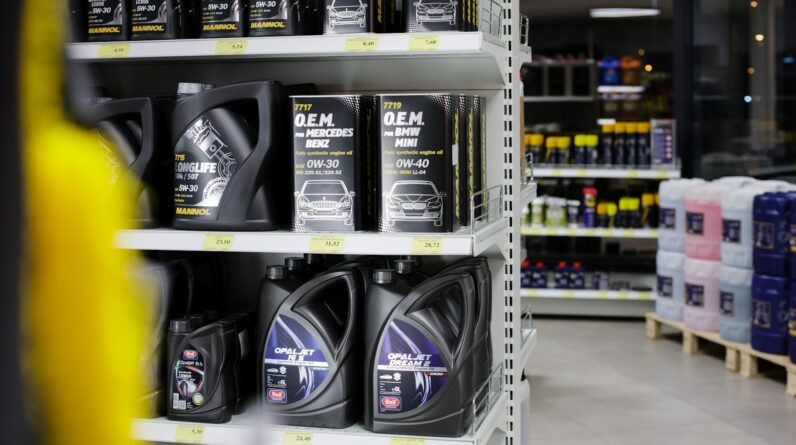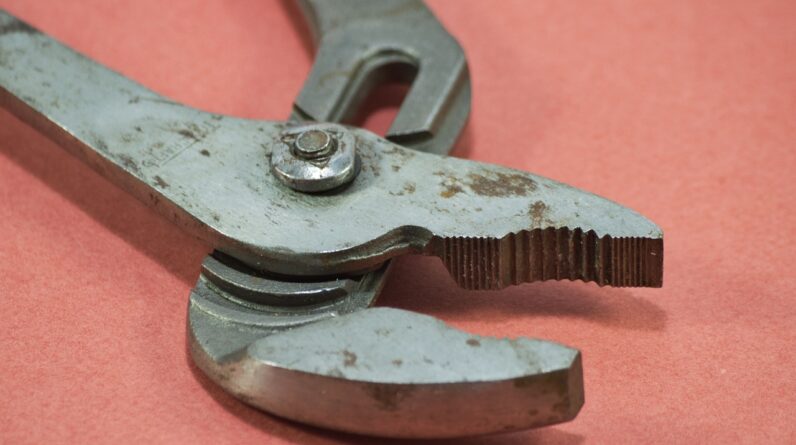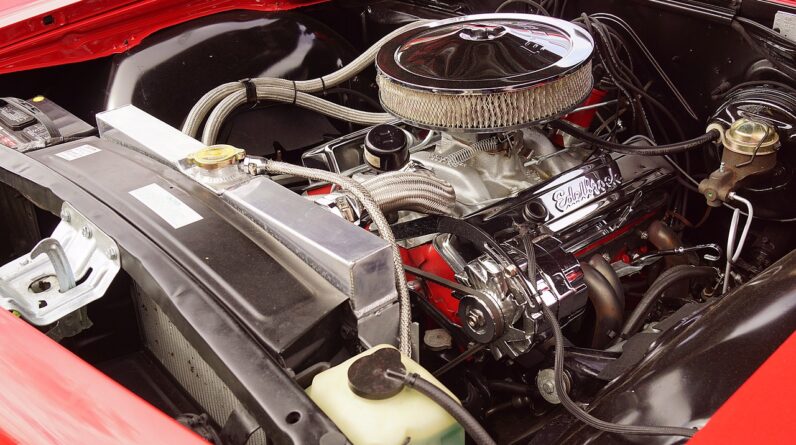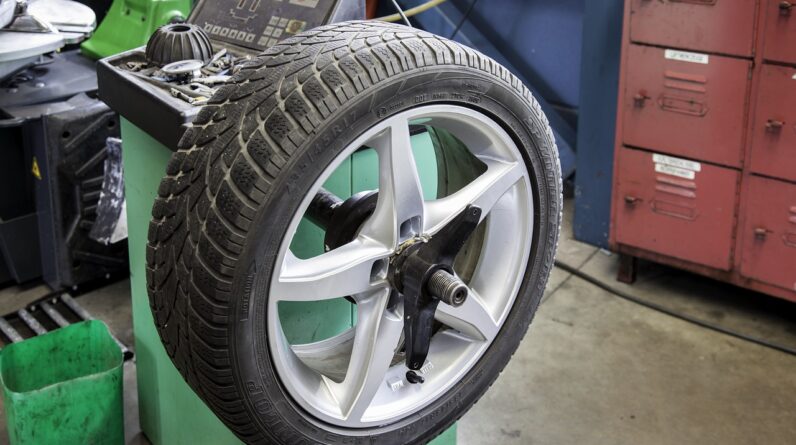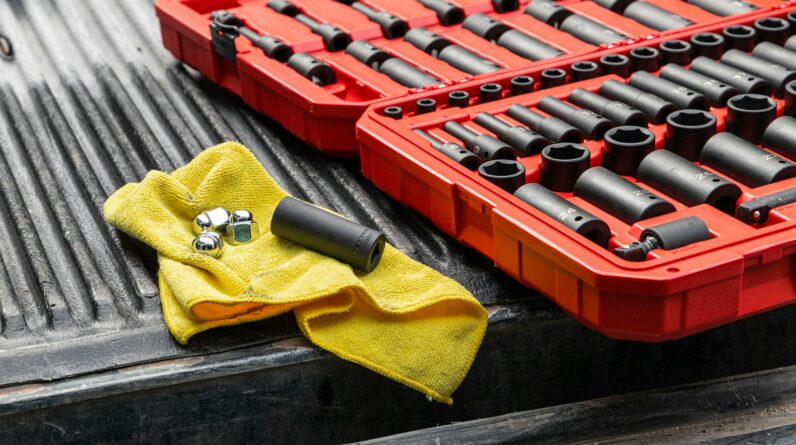
Discover essential car maintenance and repair tips for major and minor issues. Learn DIY fixes and when to seek professional help to keep your vehicle running smoothly.
Have you ever found yourself stuck on the side of the road with a car issue and wished you knew just a bit more about car repair? I’ve been in that exact situation, and I know it can be incredibly frustrating. So, let’s discuss some vital car maintenance and repair tips for both major and minor issues. This information should help you gain a better understanding of how to handle these problems when they arise.

Understanding Car Maintenance
Maintaining your car is essential in preventing larger, more expensive issues down the road. While some maintenance tasks are simple and can be done by anyone, others may require professional assistance.
Routine Maintenance Tasks
Routine maintenance is the key to keeping any vehicle running smoothly. Here are some essential routine tasks:
- Oil Changes: Changing the oil in your car regularly is crucial. Generally, it’s recommended to change the oil every 3,000 to 5,000 miles, but always refer to your car’s manual.
- Tire Rotation and Balance: Tires need to be rotated and balanced to ensure even wear. This should be done approximately every 6,000 to 8,000 miles.
- Brake Checks: Regularly check your brake pads and discs. If you hear squealing or feel a decrease in braking efficiency, it’s time to get them inspected.
- Fluid Levels: Regularly check your car’s fluid levels, including brake fluid, coolant, transmission fluid, and power steering fluid.
Proper Fluid Management
Your car requires various fluids to keep it running smoothly. Here’s an overview:
| Fluid Type | Importance | When to Check |
|---|---|---|
| Engine Oil | Lubricates engine parts, reduces friction, and prevents overheating. | Every 3,000 to 5,000 miles |
| Coolant | Prevents the engine from overheating. | Every month |
| Transmission Fluid | Ensures smooth gear shifts and prevents transmission wear. | Every 30,000 miles |
| Brake Fluid | Essential for proper brake functioning. | Every 2 years |
| Power Steering Fluid | Ensures smooth steering and protects the power steering mechanism. | Every month |
Addressing Minor Car Issues
Minor car issues are those that, while annoying, don’t prevent you from driving your car. Here’s how you can deal with some common minor car issues:
Flat Tire
A flat tire is one of the most common minor car issues. Knowing how to change a tire can save you a lot of trouble.
- Find a Safe Location: Ensure you’re away from traffic and on a flat surface.
- Use Your Car’s Tools: Most cars come equipped with a spare tire, jack, and lug wrench.
- Remove the Flat Tire: Loosen the lug nuts, jack up the car, and remove the flat tire.
- Attach the Spare Tire: Place the spare tire on, tighten the lug nuts, and lower the car.
Battery Issues
A dead battery can leave you stranded, but it’s often straightforward to fix if you have jumper cables.
- Locate the Battery: Open the hood and locate the battery.
- Connect Jumper Cables: Attach the red cable to the positive terminal on both batteries and the black cable to the negative terminal.
- Start the Working Car: Let it run for a few minutes.
- Start Your Car: If all goes well, your car should start up.
Squeaky Brakes
Squeaky brakes are annoying and can be a sign that your brake pads need replacing.
- Inspect Brake Pads: Look for signs of wear and tear.
- Clean Components: Sometimes, cleaning the brake pads and rotors can reduce squeaking.
- Replace Brake Pads: If the pads are worn down, it’s time to replace them.
Tackling Major Car Issues
Major car issues are more daunting and sometimes require professional assistance. However, understanding these problems can help you make informed decisions.
Engine Overheating
An overheating engine can cause severe damage if not addressed promptly.
- Pull Over: If your engine is overheating, pull over as soon as it’s safe.
- Turn Off the Engine: Let it cool down before opening the hood.
- Check Coolant Levels: Low coolant is a common cause of overheating.
- Look for Leaks: Ensure there are no leaks in the radiator or hoses.
Transmission Problems
Transmission issues are complex and usually require a mechanic’s expertise.
- Slipping Gears: This can be due to low transmission fluid or worn-out gears.
- Delayed Shifting: If your car delays when shifting gears, it might be time to check the transmission fluid or take it to a mechanic.
- Strange Noises: Grinding or whining sounds often indicate transmission issues that need immediate attention.
Brake System Failure
A failing brake system is incredibly dangerous and needs immediate repair.
- Spongy Brakes: This usually means there’s air in the brake lines, which needs to be bled out.
- Brake Warning Light: If this light is on, it’s essential to check the brake fluid and system immediately.
- Unresponsive Brakes: This is an emergency and requires immediate professional help.
How to Choose a Reliable Mechanic
When it comes to significant car repairs, having a trustworthy mechanic can make all the difference.
Research and Recommendations
- Ask for Recommendations: Friends and family can usually recommend reliable mechanics.
- Read Reviews: Online reviews can give you insight into the mechanic’s reputation.
Certifications and Experience
- Check for Certifications: Look for certifications like ASE (Automotive Service Excellence) which indicate a higher level of expertise.
- Experience Matters: An experienced mechanic is more likely to identify and fix issues efficiently.

Preventive Measures for Long-Term Car Health
Prevention is always better than cure. Here’s how you can ensure your car stays in good condition for years:
Regular Inspections
- Scheduled Check-Ups: Follow your car’s maintenance schedule for regular inspections.
- Seasonal Checks: Before winter and summer, make sure your car is prepared for the extreme temperatures.
Drive Mindfully
- Avoid Aggressive Driving: Rapid acceleration and hard braking can wear out your car’s components faster.
- Lighten the Load: Don’t carry unnecessary weight in your car, as it can strain the engine and brakes.
Emergency Kit
Having an emergency kit in your car can be a lifesaver. Here’s what it should include:
- Jumper Cables: For dead batteries.
- Jack and Spare Tire: For flat tires.
- First Aid Kit: In case of personal injuries.
- Basic Tools: Screwdrivers, pliers, and wrenches can be handy.
- Flashlight: For visibility in low light conditions.
Dealing with Specialized Car Parts
Some car parts require specialized knowledge for effective maintenance or repair.
Timing Belt
The timing belt is crucial for engine efficiency. This should be checked regularly and replaced according to your car’s manual, usually every 60,000 to 100,000 miles.
- Signs of Wear: Look for cracks or fraying on the belt.
- Replacement: When replacing, make sure to also check the water pump and tensioner.
Air Conditioning System
A functioning air conditioning system is vital, especially during hot weather.
- Recharge Refrigerant: If the AC isn’t cooling effectively, it might need a refrigerant recharge.
- Replace the Cabin Filter: This can improve air quality and AC efficiency.
Electrical Systems
Modern cars have numerous electrical components that need regular checks.
- Battery Health: Regularly check the battery terminals for corrosion.
- Lights and Indicators: Ensure all lights, including indicators and brake lights, are functioning correctly.

Cost Management in Car Repairs
Repairing a car can be expensive. Here’s how to manage costs effectively:
DIY vs. Professional Help
- Know Your Limits: While it’s tempting to fix everything yourself, some repairs require a professional.
- Simple Repairs: Changing oil, wiper blades, and air filters can be done at home.
- Complex Repairs: Leave tasks like transmission work, engine repairs, and brake system overhauls to professionals.
Compare Quotes
- Get Multiple Estimates: Don’t hesitate to get quotes from several mechanics.
- Check What’s Included: Ensure the quote includes all parts and labor costs to avoid surprises later.
Conclusion
Understanding car maintenance and repair can seem daunting, but it doesn’t have to be. By familiarizing yourself with both major and minor car issues, you’ll be better prepared to handle whatever comes your way. Regular maintenance is your best defense against costly repairs, and knowing when to seek professional help can save you time and money. With a little knowledge and readiness, you can keep your car running smoothly and confidently deal with any issues that arise.


